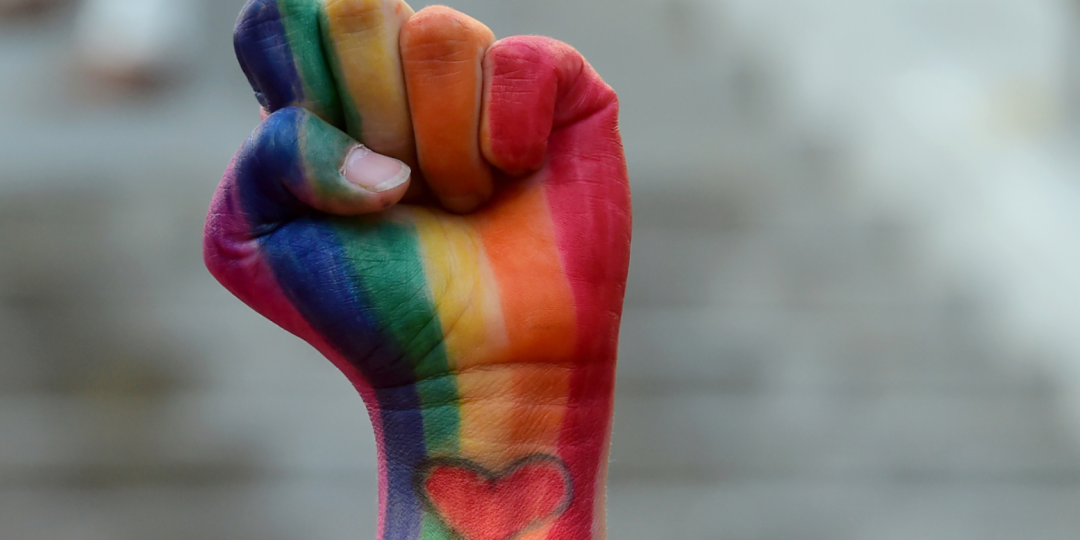Consumer representation in the lesbian, gay, bisexual, trans, queer or questioning, and other sexual identities community (LGBTQ+) has mushroomed to a market cap of at least $69 billion in the United States, big data company NielsenIQ has found.
In a report titled Diverse Voices, the Chicago-based researcher has found that LGBTQ+ people are “part of every community throughout the US and diverse in terms of personal characteristics, socioeconomic outcomes, health status, and lived experiences”.
As such, the business community faces mounting challenges to adapt services and products according to market challenges based on the changing sexuality choices of shifting market requirements stemming from changing proclivities.
According to NielsenIQ, at least 15.9% of respondents from the Generation Z community – people born between 1997 and 2002 – belong to the LGBTQ+ community.
In comparison, the preceding generations of Millennials (born between 1981-’96), Gen-X (’65-’80), Baby Boomers (’46-’64), and Traditionalists, also known as the GI Generation (born before ’46), had percentages of 9.1, 3.8, 2.0, and 1.3 belonging to the LGBTQ+ community.
The heterosexual component of these generations, from the Traditionalists onwards, also shows how being ‘straight’ has tapered off in percentages: 89.9, 91.9, 88.6, 82.7 – the biggest drop – to 78.9.
Closer scrutiny of what Diverse Voices reveals shows that 76% of America’s population are either intersectional or multicultural, and that 63% of respondents who said they were LGBTQ+, were Caucasian.
NielsenIQ found that “understanding the LGBTQ+ perspective is valuable”, and that “each group has unique needs and experiences that should be recognised and celebrated”.
Because LGBTQ+ are 1.5-2 times more likely to experience discrimination, safety and security are top of mind for all, the research company says.
Diverse Voices furthermore points out that inclusion of members from the LGBTQ+ community is good for the economic development of society, and that the number of rights afforded to these people in emerging economies strengthens the overall development of these societies.
Perhaps most importantly, NielsenIQ found that human rights violations experienced by LGBTQ+ people diminish economic output and capacity.













